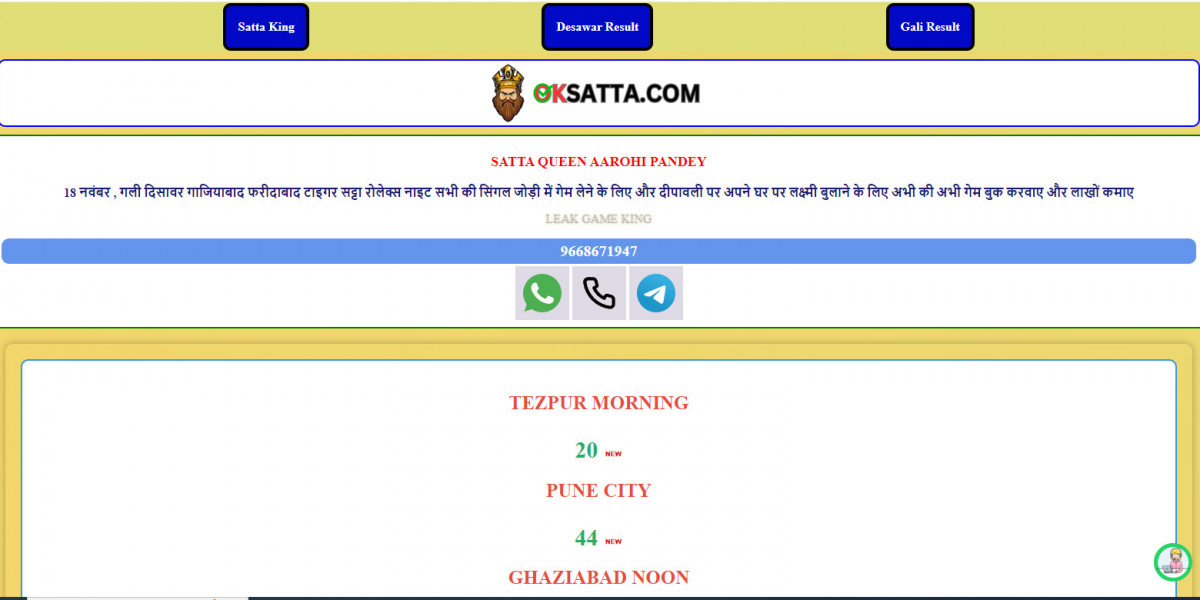Writing a Statement of Purpose (SOP) can be a daunting task for many students. It is a critical document that determines whether you get admitted to your desired university or not. Many students seek an SOP writing service to ensure their application stands out. However, understanding common mistakes and how to avoid them is essential even if you are using professional services. This blog will delve into these common pitfalls and provide valuable tips to craft an effective SOP.
Why an SOP is Crucial for Your Application
An SOP is a personal statement that showcases your academic background, career goals, and the reasons for choosing a particular program and university. It is your chance to highlight your strengths, experiences, and motivations. A well-written SOP can significantly boost your application, while a poorly crafted one can jeopardize your chances of admission.
Common Mistakes in SOP Writing
1. Lack of Clear Structure
A common mistake in SOP writing is not having a clear structure. An SOP should have a coherent flow that takes the reader through your journey logically. Without a clear structure, your SOP can appear disorganized and difficult to follow.
How to Avoid:
- Introduction: Start with a compelling introduction that captures your interest in the field.
- Academic Background: Summarize your educational achievements and relevant coursework.
- Professional Experience: Highlight any work experience, internships, or projects related to your field.
- Goals and Aspirations: Clearly state your short-term and long-term goals.
- Why This Program and University: Explain why you chose this specific program and institution.
- Conclusion: Conclude with a strong statement that reinforces your enthusiasm and commitment.
2. Being Too Generic
Many students make the mistake of writing a generic SOP that could apply to any program or university. Admission committees can easily spot a generic SOP and it often leads to rejection.
How to Avoid:
- Research: Conduct thorough research about the program and university. Mention specific courses, faculty members, or facilities that attract you.
- Customization: Tailor your SOP to each application, highlighting how the program aligns with your goals and interests.
- Specific Examples: Use specific examples and experiences to demonstrate your points rather than making vague statements.
3. Overuse of Technical Jargon
While it is important to showcase your knowledge, overloading your SOP with technical jargon can make it difficult to read and understand.
How to Avoid:
- Balance: Strike a balance between technical language and clear, accessible language.
- Clarity: Ensure that even someone outside your field can understand the main points of your SOP.
- Feedback: Get feedback from people who are not experts in your field to ensure clarity.
4. Focusing Too Much on Academics
While your academic achievements are important, focusing solely on them can make your SOP one-dimensional. Admissions committees are also interested in your personal qualities, experiences, and extracurricular activities.
How to Avoid:
- Personal Qualities: Highlight qualities such as leadership, teamwork, and resilience.
- Extracurricular Activities: Mention any extracurricular activities, volunteer work, or hobbies that demonstrate your well-rounded personality.
- Balance: Balance academic achievements with personal experiences and qualities.
5. Ignoring the Word Limit
Ignoring the word limit is a common mistake that can lead to your SOP being cut off or overlooked.
How to Avoid:
- Adherence: Strictly adhere to the word limit specified by the university.
- Conciseness: Be concise and to the point. Avoid unnecessary details and repetition.
- Editing: Edit ruthlessly to remove any redundant or irrelevant information.
6. Grammatical and Typographical Errors
Grammatical and typographical errors can create a negative impression and suggest a lack of attention to detail.
How to Avoid:
- Proofreading: Proofread your SOP multiple times.
- Professional Help: Consider using an SOP writing service to ensure your SOP is error-free.
- Feedback: Get feedback from teachers, mentors, or professional assignment helpers.
7. Plagiarism
Plagiarism is a serious offense that can lead to immediate rejection. Using someone else's work without proper attribution is not only unethical but also easily detectable.
How to Avoid:
- Originality: Write your SOP from scratch. Use your own words and experiences.
- Citations: If you need to reference other works, ensure proper citations.
- Plagiarism Checkers: Use plagiarism checkers to ensure your SOP is original.
8. Failing to Connect the Dots
An effective SOP should connect your past experiences, present goals, and future aspirations. Failing to make these connections can make your SOP appear disjointed.
How to Avoid:
- Continuity: Ensure a smooth flow from your past experiences to your future goals.
- Narrative: Create a narrative that logically connects your academic and professional journey.
- Relevance: Make sure each section of your SOP is relevant and contributes to your overall story.
How an SOP Writing Service Can Help
Given the complexities involved in crafting a compelling SOP, many students turn to professional SOP writing services. These services offer several benefits:
1. Expertise
Professional writers have extensive experience in crafting SOPs that stand out. They know what admissions committees look for and can tailor your SOP accordingly.
2. Personalization
A good SOP writing service will work closely with you to understand your background, goals, and aspirations. This ensures that your SOP is personalized and authentic.
3. Quality Assurance
Professional services ensure that your SOP is free from grammatical and typographical errors. They also use plagiarism checkers to guarantee originality.
4. Time-Saving
Using an SOP writing service can save you time and stress, allowing you to focus on other aspects of your application.
5. Feedback and Revisions
Most services offer feedback and revisions, ensuring that your SOP meets your expectations and the university's requirements.
Conclusion
Writing an effective SOP is crucial for your university application. Avoiding common mistakes and seeking professional help can significantly enhance your chances of success. Whether you decide to write your SOP yourself or use an SOP writing service, understanding the key elements of a compelling SOP is essential. Remember to be clear, concise, and authentic, and to tailor your SOP to each specific application. With careful preparation and attention to detail, you can craft an SOP that stands out and helps you achieve your academic and professional goals.
For more assistance with your academic needs, consider reaching out to assignment helpers who specialize in machine learning assignment help or other areas relevant to your field. Additionally, checking Sample Assignments can provide you with insights into effective academic writing and presentation.








